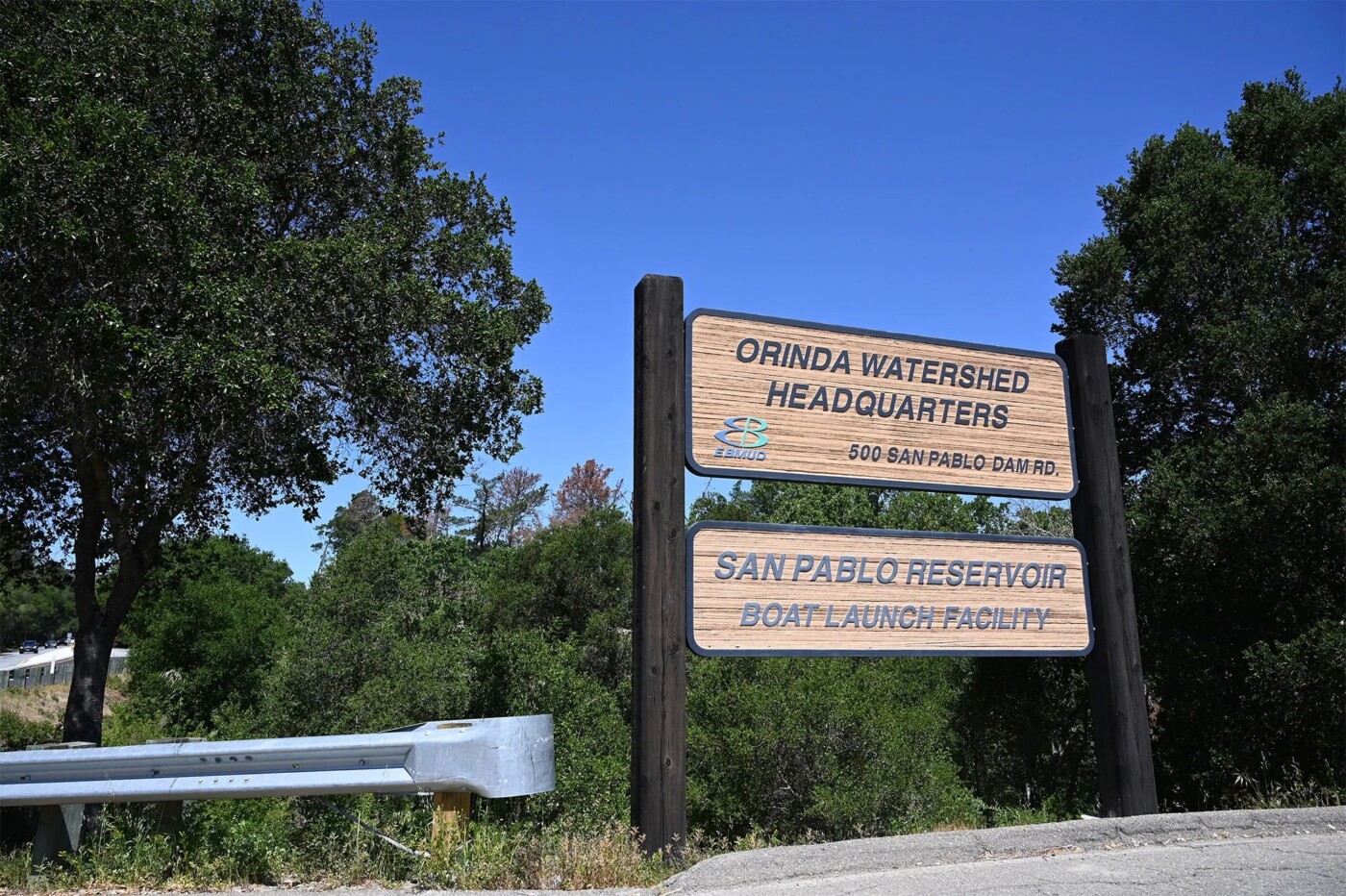Tiny aquatic invaders have pulled the plug on this year’s boating season as a public utility agency serving the eastern Bay Area works to make sure they stay out of the drinking water.
The East Bay Municipal Utility District, which provides drinking water for 1.4 million customers in Alameda and Contra Costa counties, announced Wednesday that it will keep boat launches closed to private vessels for the 2025 season due to the spread of the golden mussel.
The ban is in place at all EBMUD reservoir recreation areas with boat launches: Pardee Reservoir and Camanche Reservoir North and South in the Sierra Foothills, and San Pablo Reservoir in the East Bay.
It applies to private boats and other watercrafts, like kayaks and even paddleboards. The only exception is for boats with permanent slips for Camanche that were in the water or in dry storage when boat launches closed in November 2024.
EBMUD spokesperson Andrea Pook said the decision was a preventative measure, as the agency does not currently have the invasive creatures in its water supplies.

“We’re working hard and making tough decisions to keep them from getting into our water supplies and into reservoir lakes that are fragile ecosystems,” Pook said, acknowledging that many boaters were disappointed by the news.
“Once they’re in a water body, they’re nearly impossible to remove,” she said. “At East Bay MUD, we consider ourselves a responsible water manager, and we can’t take the risk of getting these mussels into the drinking water supply for 1.4 million people.”
Hitchhiking through California
No bigger than a fingertip, the invasive golden mussel first made its debut in the Delta in October 2024 after hitching a ride on a freighter from Asia that docked at the Port of Stockton.
The California Department of Fish and Wildlife reported the Delta appearance to be the first known occurrence in North America. The Department continues to track the mussels’ presence, which at present is mainly in Delta communities from Antioch and eastward, as seen on a map that can be found on the CDFW website.
EBMUD’s jurisdiction is farther west.
Pook explained that the mussels, which are prolific breeders, clog pipes and pumps while also disrupting the natural food chain.
“These mussels filter out plankton, and they filter out so much of the plankton that there’s not enough for our native fish,” she continued.
In 2009, an EBMUD risk analysis determined that all EBMUD reservoirs were vulnerable to a golden mussel infestation. Pook said the study concluded that the temperature and calcium levels in local waters make it prime for the mussels to reproduce and thrive.
“Once they’re in a water body, they’re nearly impossible to remove. … We can’t take the risk of getting these mussels into the drinking water supply for 1.4 million people.”
Andrea Pook, EBMUD spokesperson
“We’re still learning a lot about them but they are quite resilient and can live in a broader set of conditions than, say, zebra or quagga mussels,” she explained.
EBMUD’s Wednesday news release reported that the agency is working closely with state and federal agencies, research institutions and other water managers to track the spread, monitor boat traffic, test inspection practices and decontamination protocols, and prepare long-term plans in the event the mussel is introduced into the reservoirs.
Asked whether EBMUD would reopen boat launches for the 2026 season, Pook said it is difficult to predict.
“There needs to be evidence that any contamination and quarantine and workflow kind of procedure with the boats is indeed going to work,” Pook said. “So we’re not quite there yet.”
Pook urged anyone who thinks they have seen a golden mussel to report it to EBMUD at (866) 403-2683 or contact the California Department of Fish and Wildlife or California Department of Water Resources.
The post EBMUD closes public access to boat launches at its reservoirs to prevent mussel invasion appeared first on Local News Matters.
